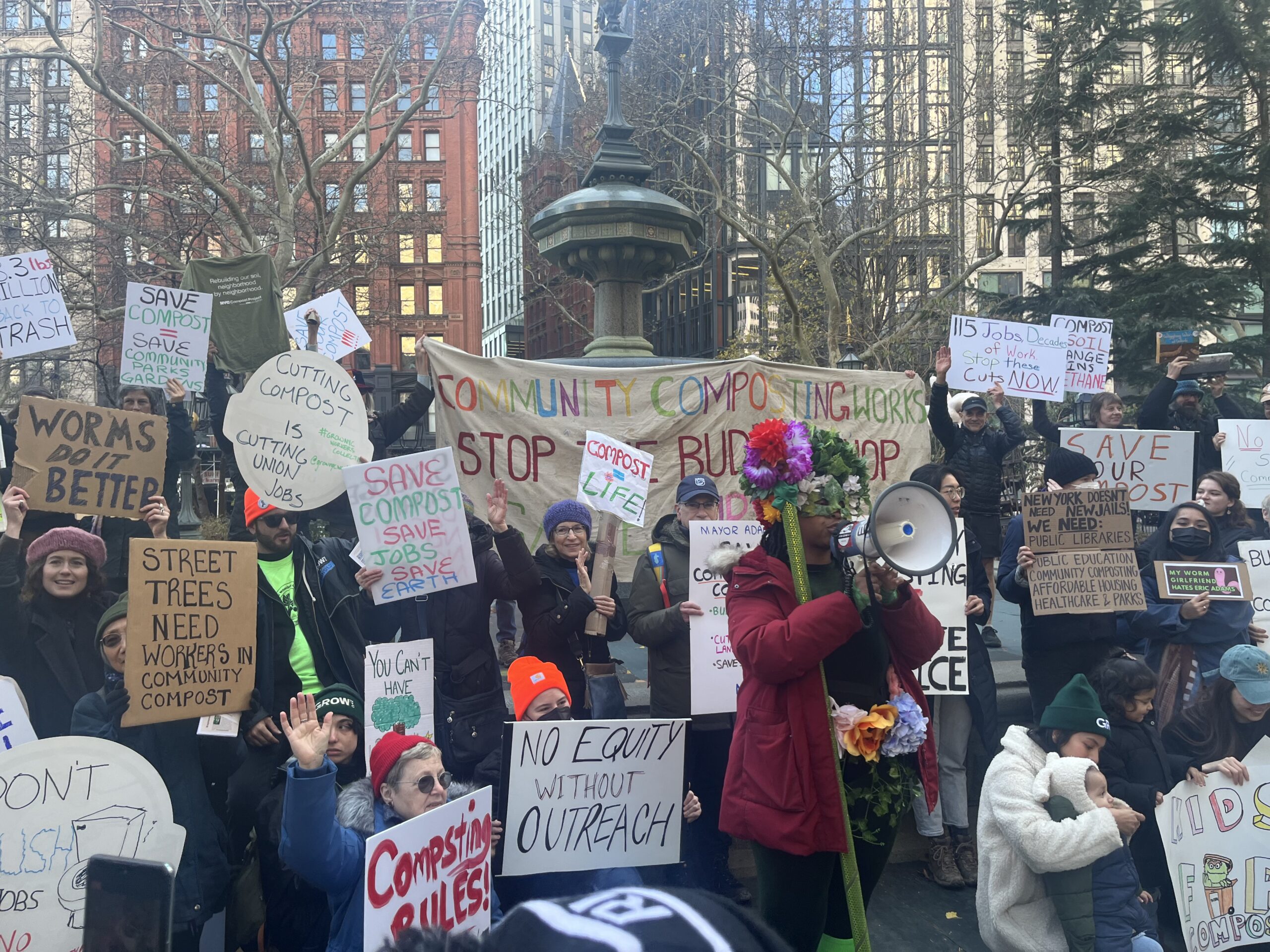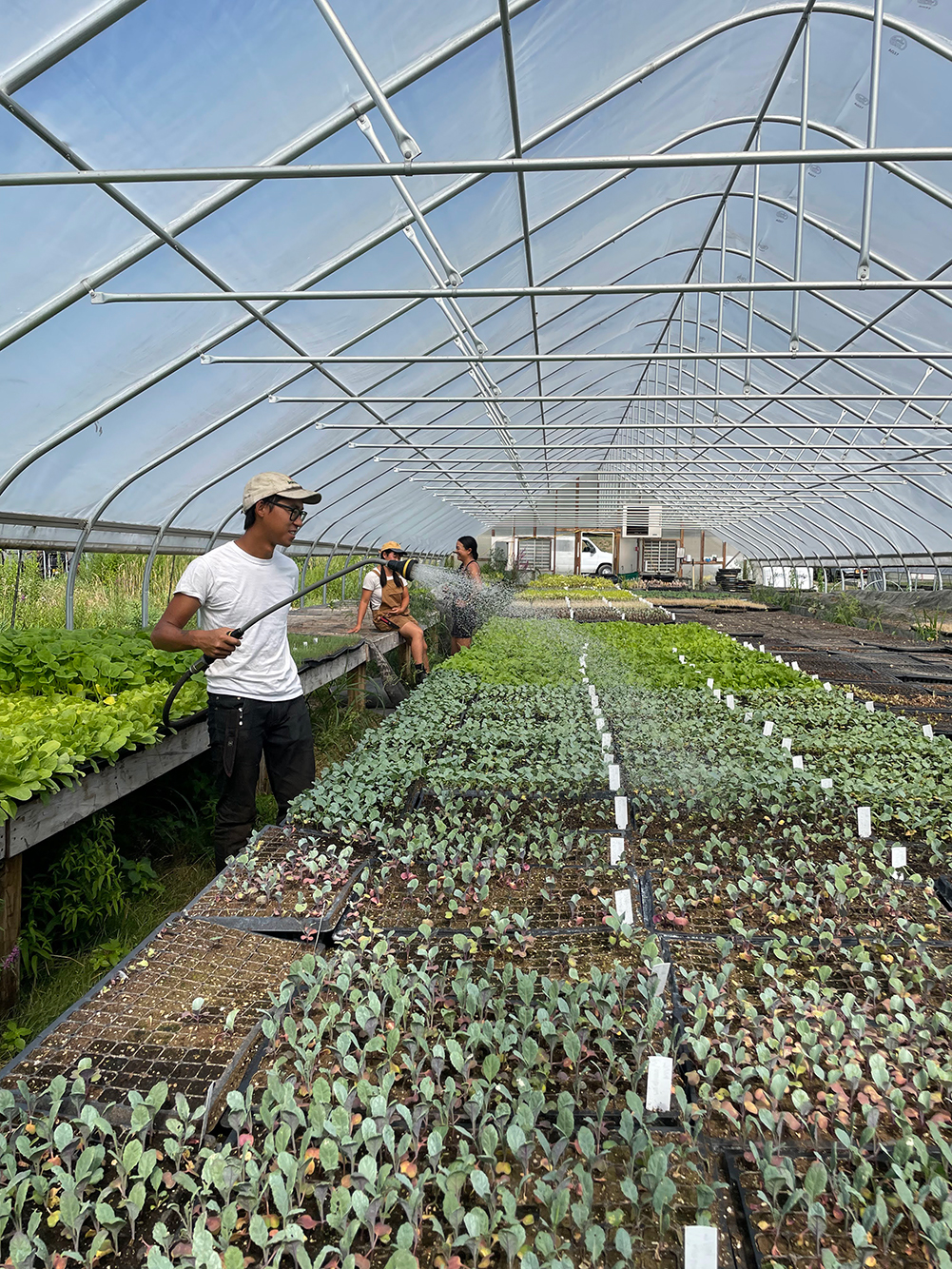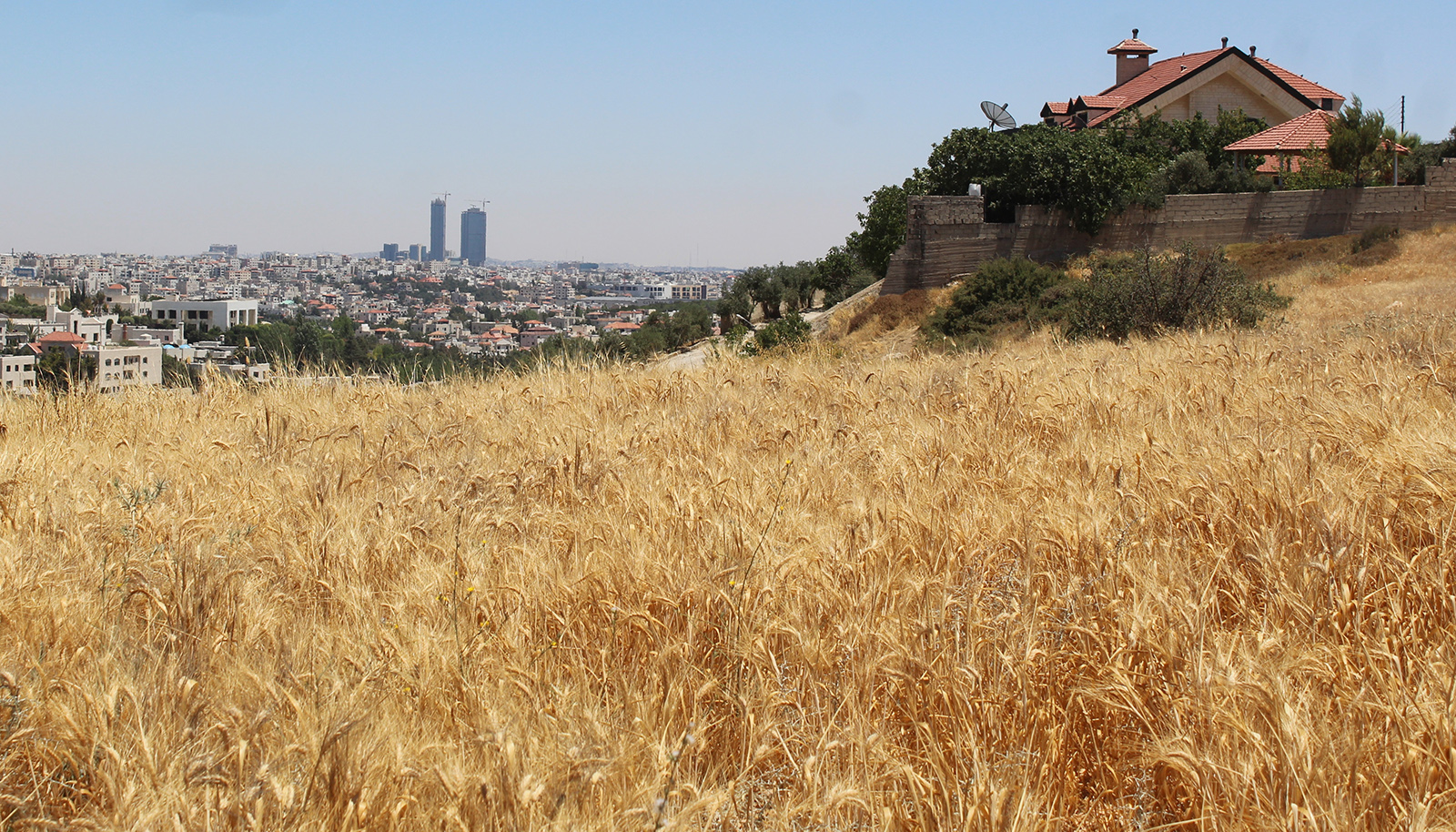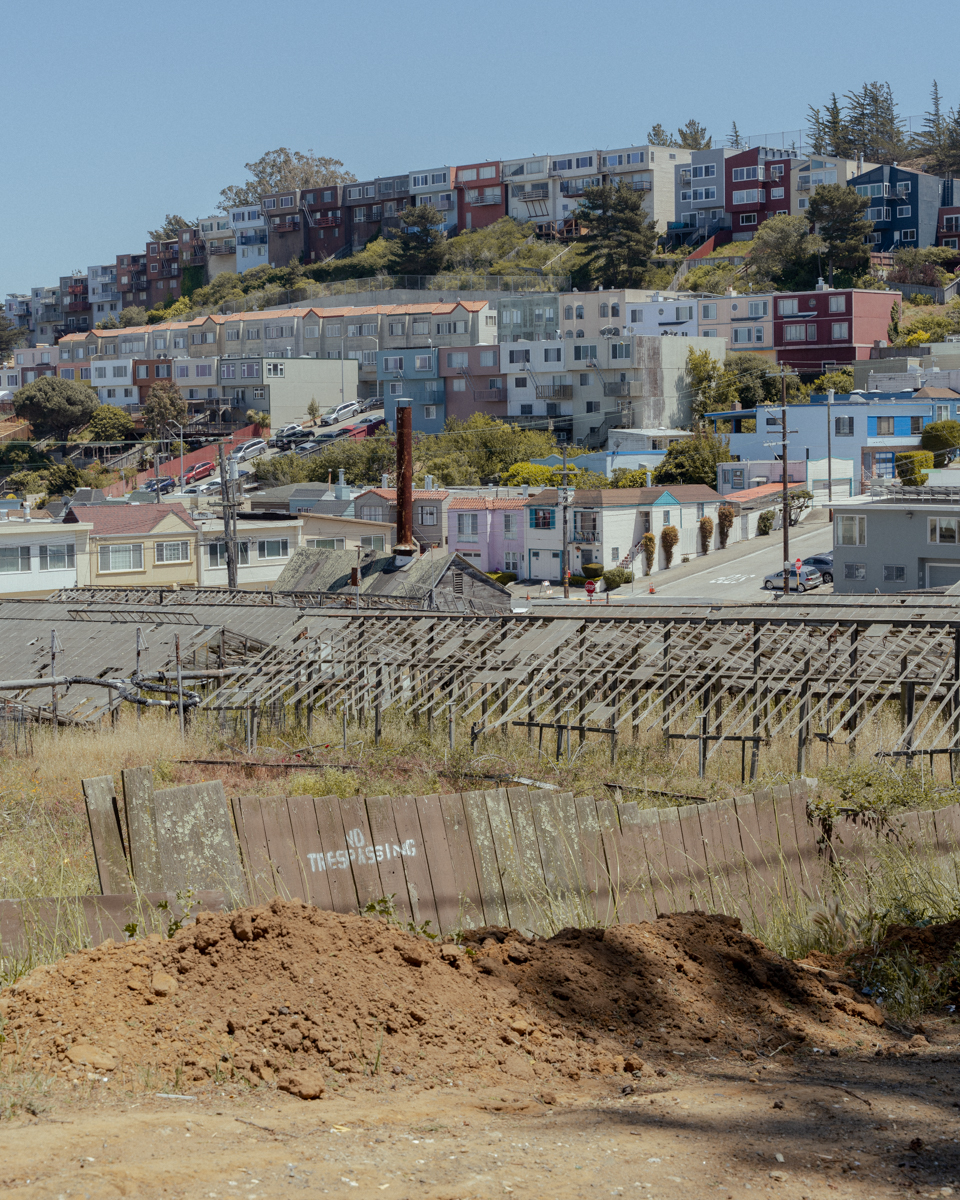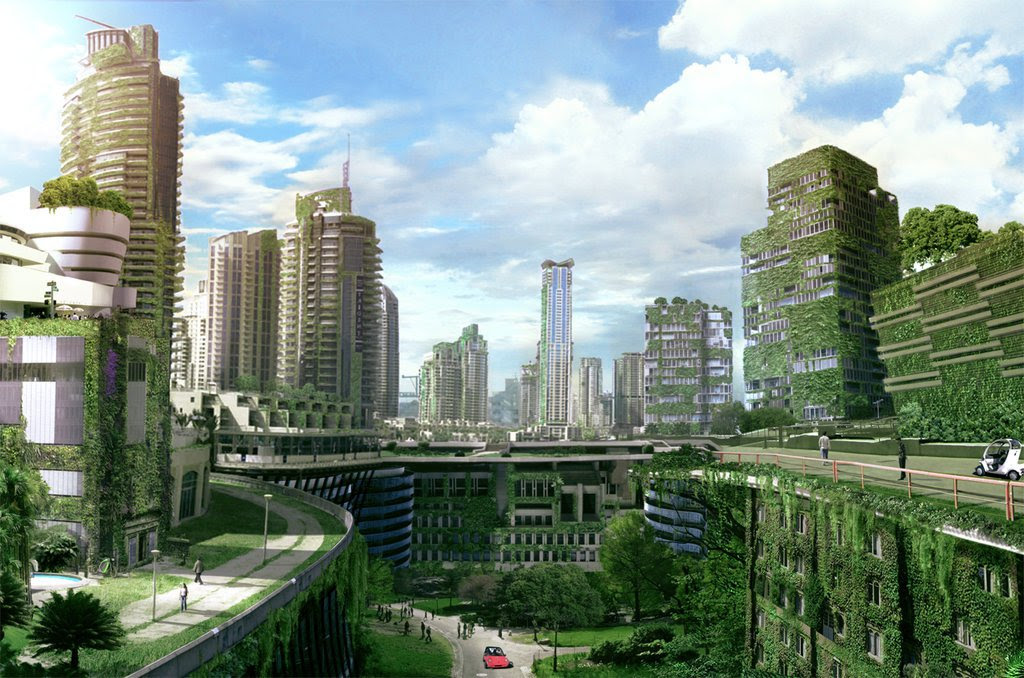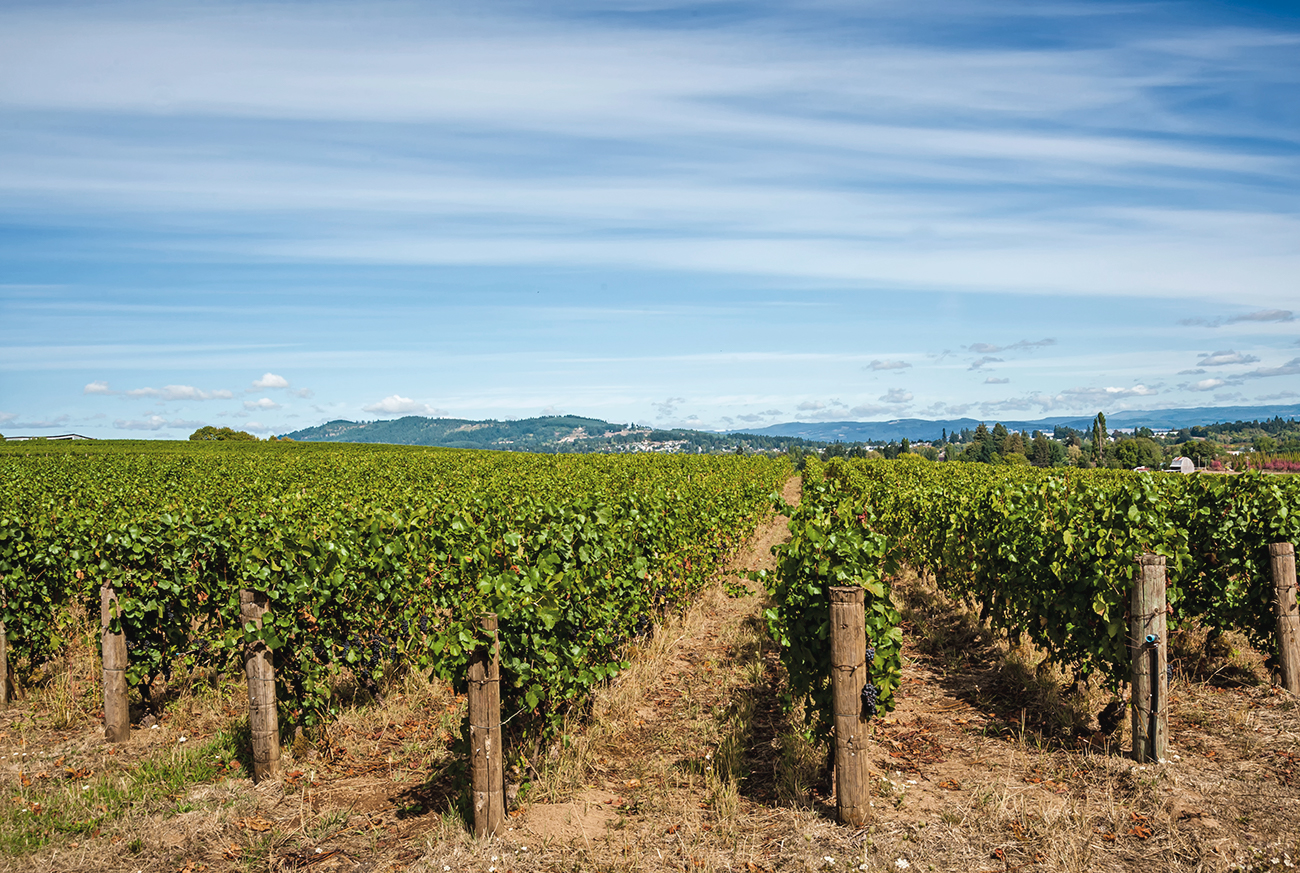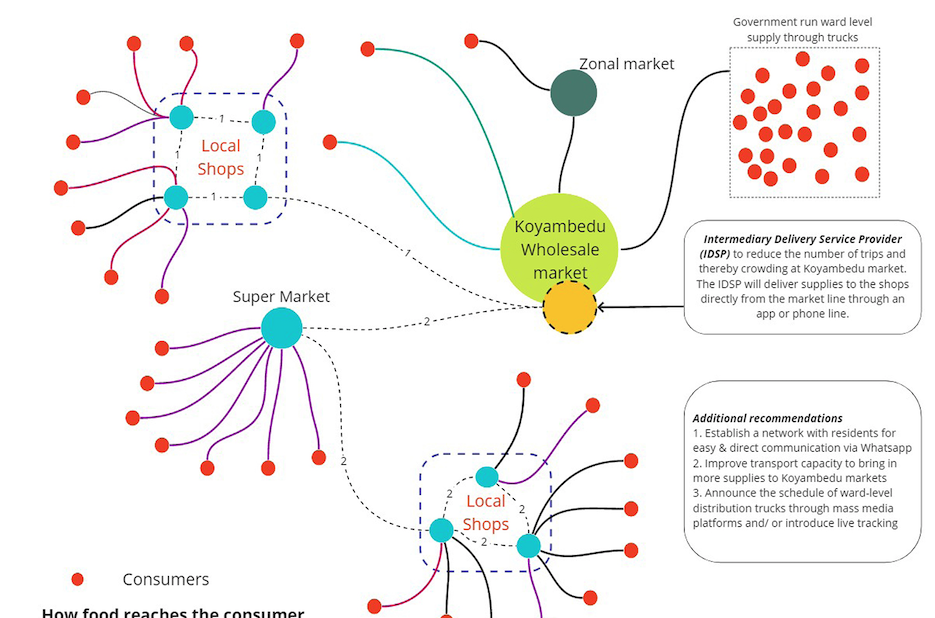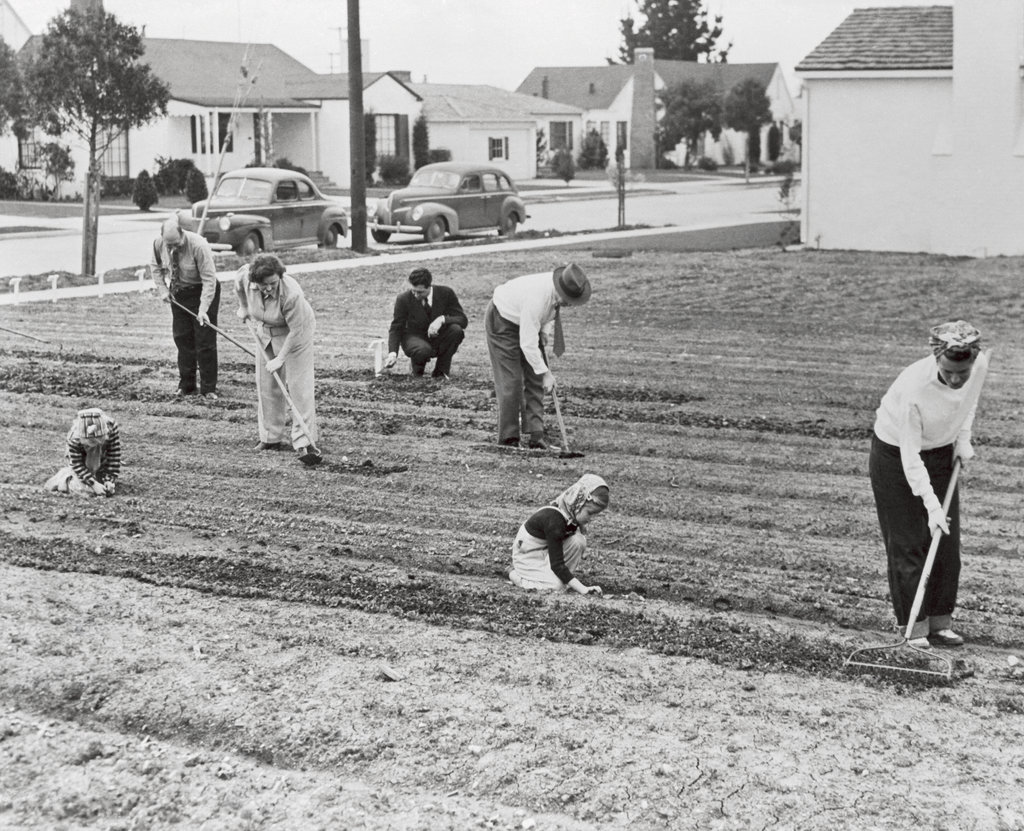Four years ago, food policy councils started popping up in major cities across Germany. Stoked by growing concerns over the dubious practices of major industrial agriculture operations and by the looming threat of the climate crisis on overextended food supply chains, the movement to relocalize urban food infrastructures has led to the establishment of food policy councils across 30 cities in Germany. Four years after its establishment, the Food Policy Council of Cologne (Ernährungsrat Köln und Umgebung)— one of the first food policy councils in Germany—has received government support for its project to make Cologne an “edible city”.
The “edible city” is a broad concept for urban agriculture that has been explored in cities around the world. The concept centers around long-term planning to make green spaces more biodiverse, to promote urban agriculture, and foster local food economies to create local “green” jobs. On its own, the movement to make cities more edible has numerous benefits to the local economies and ecosystems, it is often regarded as a necessary aspect of urban climate resiliency plans and the pandemic has only made the necessity clearer. Montevideo, Barcelona, San Francisco, Rotterdam, Berlin, Singapore, New York, Havana, Lomé—cities across the world have explored the idea, but the project of making a city edible is necessarily quite complex for large cities. How far a city is willing to go to recognize such endeavors varies greatly and many edible city projects are heavily reliant upon the often tireless work of volunteers and the generous contributions of NGO’s or private interest groups.
 “planting caravan” to make Ehrenfeld edible in Cologne
“planting caravan” to make Ehrenfeld edible in Cologne
“We started four years back with nothing.” says Florian Sander, Coordinator of the Food Policy Council of Cologne. “Now we’ve got way more possibilities for everyone who wants to garden in the city.” After two and a half years of organizing workshops, forums, and exchanges of ideas—involving hundreds of local people, the action plan for making Cologne an edible city has been approved. Now that this exhaustively conceived document has been OK’d by the city, there is now a strong legal framework that will make it far easier for citizens to propose projects using urban green spaces for food production.

The planted “path for the sense” on the Ebertplatz in Cologne
This “blueprint” for this food policy is inspired in part by some other smaller cities that have managed to establish successful edible city projects like nearby Andernach and Todmorden in the UK. Yet the strategy was in large part designed through participatory workshops that the Cologne Food Policy Council helped to organize— to ensure that the future of Cologne’s food was determined by local producers and consumers. “The municipal government asked us to do this kind of participatory process to get feedback from the people.” says Sander. The process was meant to ensure that this design for an edible city was a democratic vision of what the people of Cologne wanted it to be. The 52-page action plan focuses on issues regarding open urban gardens, the promotion of biodiversity, participatory agriculture projects, gardening in schools, garden space for businesses, and strategies for the promotion of private gardens at home—covering both political and civic goals for the city.
 Plenum for the participatory process
Plenum for the participatory process
Through widespread collective efforts, the plan has garnered support from policy makers across the political spectrum “We only received this new funding because volunteers worked together on the different strings to influence policy and government here. To enable us to make space for more regional food policy—or at least establish some kind of food policy.” says Sander. “We will not be able to make Nestlé useless. But we have a good chance now to start with the big demand in the city for the products that are here—that are at our doorstep.” Maintaining the success, and funding, of the edible city project in Cologne will require the continued effort of the Cologne Food Policy Council and the many other people that helped make this action plan possible, but the city has achieved a significant milestone in its ongoing effort to establish a resilient local food infrastructure.

Youth Center staff visiting a local farm in Cologne
